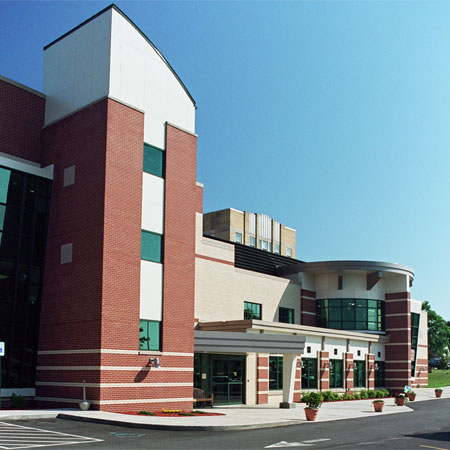It’s legal for Massena Memorial Hospital to privatize, study finds
The law firm that the Massena Memorial Hospital (MMH) Board of Managers hired to do a study on potentially privatizing the hospital has announced that there’s nothing legally preventing it from becoming a private not-for-profit organization. That’s according to North Country Now. But, as the Watertown Daily Times reports, that doesn’t mean a whole lot if it doesn’t make sense financially.
The hospital has hired a financial consulting firm to answer that question, and it’s now looking at financial statements and employee benefits.
The proposed privatization of Massena Memorial Hospital has been controversial, to say the least. Proponents say privatization will save much-needed funds and streamline health care in our region; opponents say it’s not clear privatization would save money, but it is likely to negatively impact health care in our area.
Once the board gets the financial study, hospital CEO Charles F. Fahd II told the paper it will talk with the public about what they’ve find about privatization: “I think both our attorneys and our financial consultants are of the mindset there needs to be, for lack of a better term, some public meeting, whether it’s a town board meeting or a special meeting.”
Much more detail in the article. Meanwhile (and unrelated to the privatization issue), the Children’s Miracle Network has made a $3,000 donation to the hospital, to fund autism education for physicians and personnel (North Country Now). It’s not a new grant; the hospital has received it several times in the past. MMH operates the biggest pediatric and adolescent practice in St. Lawrence County.
Tags: economy, health, health care, jobs, massena, massena memorial hospital, pension, st lawrence county









This “privatization” route has been done elsewhere. The chief immediate impact is the actions and meetings of the board are no longer public. Salaries are no longer public information. The hospital administrator will soon be paid $600,000 plus. This happened to Cape Fear Valley Hospital, Fayetteville, NC, when a powerful state senator made it all happen in a short while, about ten years back. That hospital derives over 85% of its revenue from Medicare, Tricare and Medicaid, with almost none from “private pay”.